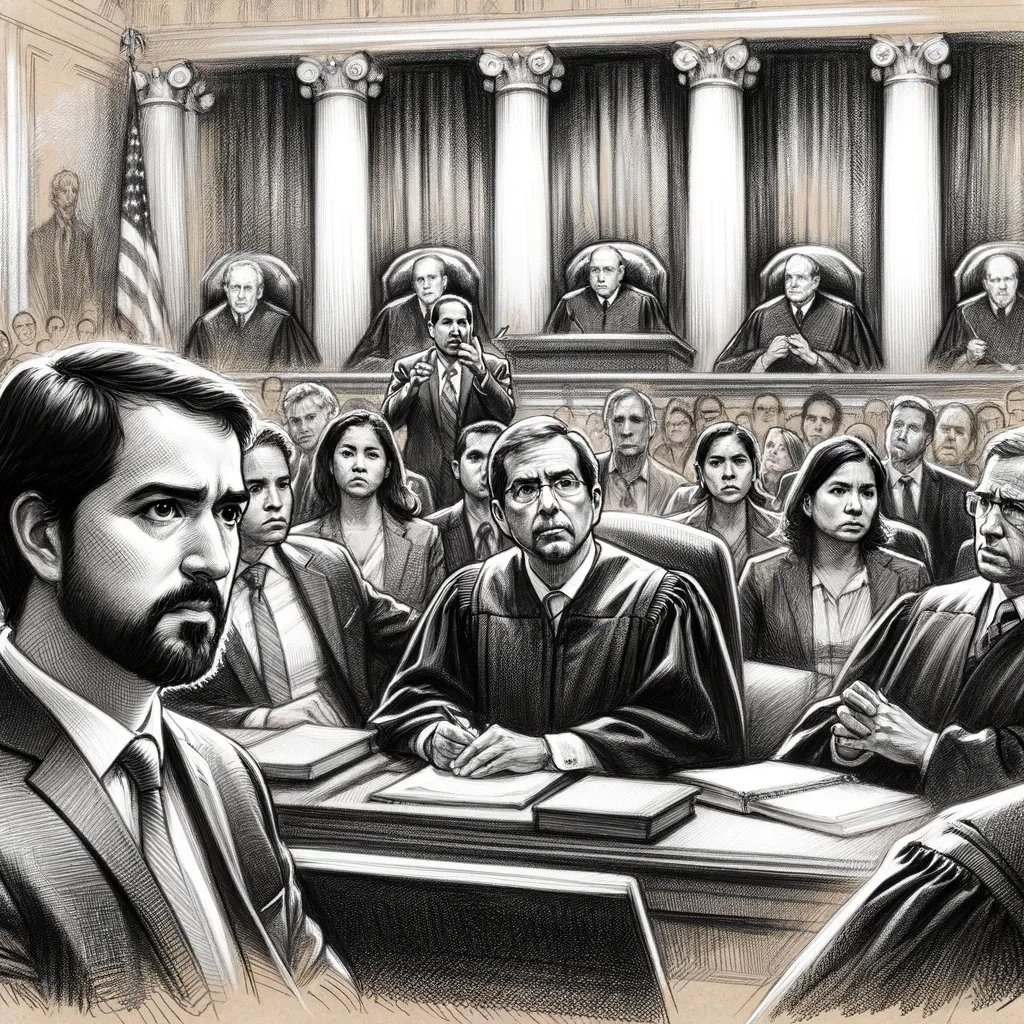Case Digest on Pugin v. Garland, Attorney General

The Supreme Court clarified that an offense can relate to obstruction of justice under 8 U.S.C. § 1101(a)(43)(S) without requiring an ongoing investigation or legal proceeding, expanding the definition of "aggravated felony" for immigration removal purposes.
Introduction:
This case involved a legal debate over what constitutes an "aggravated felony" related to obstruction of justice, impacting noncitizens' removability from the U.S.
Facts of the Case:
Fernando Cordero-Garcia and Jean Francois Pugin faced removal from the U.S. for crimes deemed as aggravated felonies related to obstruction of justice. The courts were divided on whether their crimes met this definition.
Issue of the Case:
Whether a conviction must be tied to an ongoing investigation or proceeding to be considered an offense relating to obstruction of justice under immigration law.
Ruling of the Case:
The Supreme Court held that offenses do not need to be connected to a pending investigation or proceeding to be considered as relating to obstruction of justice.
Impact on the Legal System:
This ruling broadens the scope of what can be considered an aggravated felony for removal purposes under U.S. immigration law, potentially affecting many noncitizens.
Conclusion:
PUGIN v. GARLAND establishes that the legal definition of obstruction-related offenses for immigration consequences does not require an ongoing legal process, expanding the range of crimes that can lead to removal from the U.S.

